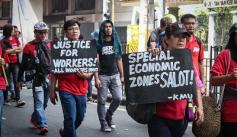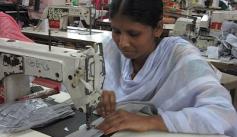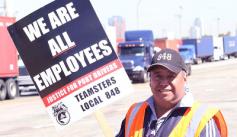Blog: United States
March 21, 2022
A Worker By Any Other Name
June 12, 2019
The Definition of Violence
March 13, 2019
Peer Review Calls for Strengthening of U.S. NCP; Fails to Account for Key Stakeholder Input
March 6, 2019
How President Trump is Fueling Honduran Migration North
January 30, 2018
In Lieu of a Silver Bullet: #metoo in the Global Workplace
January 16, 2018
Crushing Debt Bondage Poses Forced Labor Risk for U.S. Port Truckers
November 21, 2017
Nike Signs Factory Access Agreement
September 1, 2017
Is Foxconn a fantasy?
August 7, 2017
Pages
Browse blog by issue
- Child Labor (223)
- Forced Labor (35)
- Gender-Based Violence and Harassment (102)
- Health & Safety (38)
- Living Wage (18)
- 1 of 2
- next ›
Browse blog by country
- Bangladesh (39)
- Cambodia (3)
- Colombia (2)
- Cote d’Ivoire (7)
- Ghana (5)
- 1 of 4
- next ›
Blog archive
- October 2024 (1)
- August 2024 (1)
- June 2024 (1)
- March 2024 (1)
- February 2024 (1)
- September 2023 (2)
- March 2023 (2)
- February 2023 (1)
- November 2022 (1)
- March 2022 (1)
- 1 of 16
- next ›








